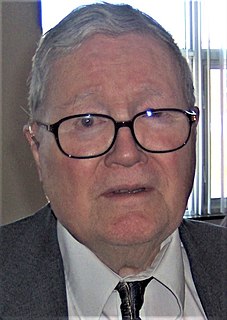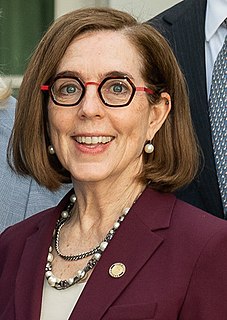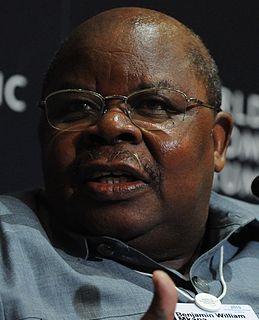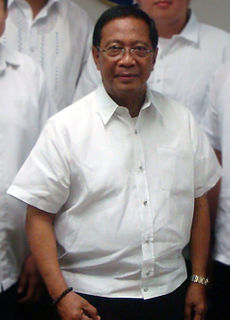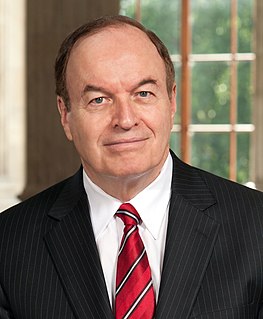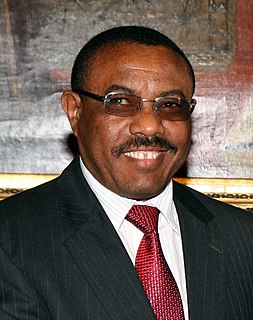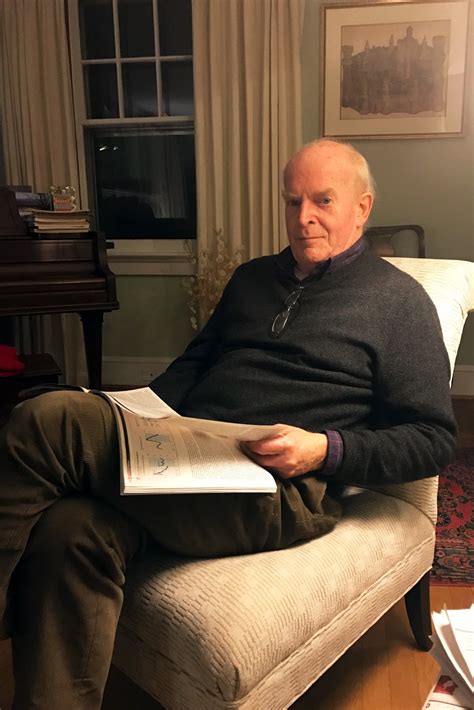Top 1200 Reducing Poverty Quotes & Sayings
Explore popular Reducing Poverty quotes.
Last updated on April 14, 2025.
Seek the simplest in all things, in food, clothing, without being ashamed of poverty. For a great part of the world lives in poverty. Do not say, "I am the son of a rich man. It is shameful for me to be in poverty." Christ, your Heavenly Father, Who gave birth to you in the baptistery, is not in worldly riches. Rather he walked in poverty and had nowhere to lay His head.
Poverty is a strange and elusive thing. ... I condemn poverty and I advocate it; poverty is simple and complex at once; it is a social phenomenon and a personal matter. Poverty is an elusive thing, and a paradoxical one. We need always to be thinking and writing about it, for if we are not among its victims its reality fades from us. We must talk about poverty because people insulated by their own comfort lose sight of it.
Hunger, disease and poverty can lead to global instability and leave a vacuum for extremism to fill. So instead of just managing poverty, we must offer nations and people a pathway out of poverty. And as president I've made development a pillar of our foreign policy, alongside diplomacy and defense.
I believe I have demonstrated that the voters are characteristically ill-informed when voting on reducing social costs. Furthermore, their primary concern is with wealth transferred to themselves, rather than with social cost efficiency. Logically, this would mean that democratic government would be inefficient in reducing social costs.
I was born in a very poor family. I used to sell tea in a railway coach as a child. My mother used to wash utensils and do lowly household work in the houses of others to earn a livelihood. I have seen poverty very closely. I have lived in poverty. As a child, my entire childhood was steeped in poverty.
There is little favorable to be said about poverty, but it was often an incubator of true friendship. Many people will appear to befriend you when you are wealthy, but precious few will do the same when you are poor. If wealth is a magnet, poverty is a kind of repellent. Yet, poverty often brings out the true generosity in others.
We're looking at the singular condition of poverty. All the other individual problems spring from that condition... doesn't matter if it's death, aid, trade, AIDS, famine, instability, governance, corruption or war. All of that is poverty. Our problem is that everybody tries to heal each of the individual aspects of poverty, not poverty itself.
Poverty should be one of the top concerns for any elected leader. It has a negative effect on almost everything we as society entrust our government to do, but it seems that those in the Republican Party find it is more politically viable to fight a war on the people in poverty than it is to fight a war to end poverty in this country.
It's a moral imperative, it's an economic imperative, and it is a security imperative. For we've seen how spikes in food prices can plunge millions into poverty, which, in turn, can spark riots that cost lives, and can lead to instability. And this danger will only grow if a surging global population isn't matched by surging food production. So reducing malnutrition and hunger around the world advances international peace and security - and that includes the national security of the United States.
Capitalism with near-full employment was an impressive spectacle. But a growth in wealth is not at all the same thing as reducing poverty. A universal paean was raised in praise of growth. Growth was going to solve all problems. No need to bother about poverty. Growth will lift up the bottom and poverty will disappear without any need to pay attention to it. The economists, who should have known better, fell in with the same cry.
Inevitably, people tell me that poor folks are lazy or unintelligent, that they are somehow deserving of their poverty. However, if you begin to look at the sociological literature on poverty, a more complex picture emerges. Poverty and unemployment are part and parcel of our economic order. Without them, capitalism would cease to function effectively, and in order to continue to function, the system itself must produce poverty and an army of underemployed or unemployed people.
Pope Francis emphatically does not buy the argument that poverty can be alleviated by the 'trickle down' effects of wealth creation. He is deaf to arguments that the global economy has brought a billion people out of poverty. He is convinced, in short, that the best and only way to expel poverty is fairer distribution of the world's goods.
We certainly would resolve the problems of the charities that are working in areas where they can do the most good. So if you consider that the U.S. foreign aid budget is 30 billion, yes, we could make a major contribution to reducing global poverty, start to deal much better with some of the other big environmental problems that the world faces. So I think we could solve a lot of problems.
Some of [Donald Trump] comments can be interpreted as potentially reducing the threat of nuclear war. The major threat right now is right on the Russian border. Notice, not the Mexican border, the Russian border. And it's serious. He has made various statements moving towards reducing the tensions, accommodating Russian concerns and so on.

















